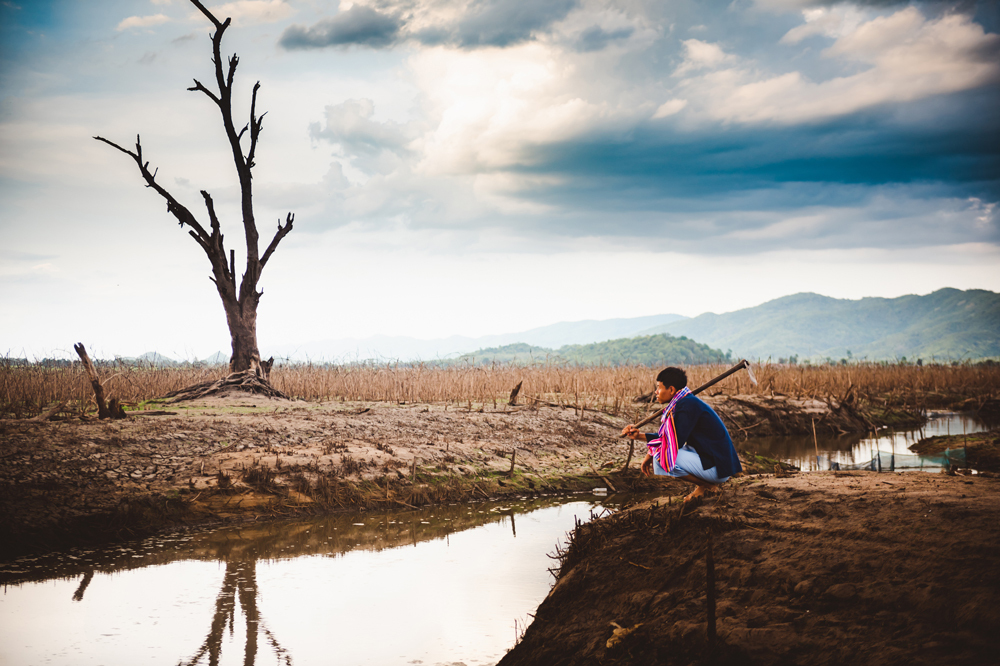Media Lab team tops Fragile Families Challenge | MIT News
Human Dynamics research group earns high marks in new scientific collaboration to improve the lives of disadvantaged American children.
A team of researchers from the Human Dynamics research group at the MIT Media Lab has won first place in three categories in the Fragile Families Challenge (FFC). The contest is based on the Fragile Families and Child Wellbeing Study, which followed thousands of American families for more than 15 years, collecting information about the children, their parents, their schools, and their overall environments.
FFC participants were challenged to use this information in a new way. With all the background data from birth to age nine, as well as some training data from age 15, they were tasked with accurately predicting outcomes in the following six key categories:
Computation-plus-social science approach
More than 150 teams from around the world submitted over 3,000 predictive models. The Media Lab’s Human Dynamics team, under the supervision of the group’s director, Alex "Sandy" Pentland, was the only team to win in more than one category, raking first in predicting GPA, grit, and layoffs. The team also placed second in predicting job training participation, eighth in material hardship, and 10th in the eviction category.
“The fact that the Human Dynamics gang did such a super job is a testimony to the anti-disciplinary, computation-plus-social science approach we take,” Pentland says. “It shows the potential for this sort of computational social science to help forge a brighter future for underprivileged kids.”
Led by graduate student Abdullah Almaatouq, the team also included Eaman Jahani, Daniel Rigobon, Yoshihiko Suhara, Khaled Al-Ghoneim, Abdulla Alhajri, Abdulaziz Alghunaim, and Alfredo Morales-Guzman. They used ensemble methods in machine learning, combined with information-theoretic approaches and substantive knowledge of social science, to produce their winning model.
Expanding the range of social science
Almaatouq says that his team’s entry, along with many others submitted to the challenge, can offer a new way to improve surveys in the future and expand the range of social science theories.
“Also, these submissions can highlight potential targets for policy intervention in efforts to improve the lives of disadvantaged children in the U.S.,” he says. “For example, I learned through the challenge that eviction is a natural target for policy intervention, but it has been challenging to pinpoint the causal impacts of eviction on children.”
As part of their prize, the team will speak at the Fragile Families Challenge scientific workshop, which will take place in mid-November at Princeton University. The challenge is based at Princeton's Bendheim-Thoman Center for Research on Child Wellbeing.
“We were very impressed with the contribution that Abdullah and his colleagues made to the Fragile Families Challenge,” says Matthew J. Salganik, a professor in Princeton’s department of sociology and a co-organizer of the FCC. “They were able to combine ideas from social science and data science in a new way, and the resulting performance was amazing. My colleagues and I are very excited for them to present their approach at our upcoming scientific workshop.”
Mass collaboration
In an interview when the FFC launched in March this year, another organizer, Ian Lundberg, explained that the central goal is to “use machine learning methods for mass collaboration in the service of qualitative interviews.”
“By combining ideas from social science and data science, we can, together, help address important scientific and social problems,” says Lundberg, a graduate student in the Princeton University Office of Population Research. “And we expect that through a mass collaboration we will accomplish things that none of us could accomplish individually. This project will demonstrate a new way of doing scientific research.”
Almaatouq says the challege “doesn't end here” for the MIT Human Dynamics team. He and his fellow researchers will submit a paper on their winning FFC model for a special issue of Socius, the open-access journal published by the American Sociological Association. They’ll also contribute as co-authors to the collective paper on the overall results of the Fragile Families Challenge.
The Human Dynamics team also plans to use the data from the Fragile Families and Child Wellbeing Study for future research and to further investigate the limits of predictability of its outcomes, he says.
Reprinted with permission of MIT NewsShare this article:
Related Articles:
Links/images:
- https://www.media.mit.edu/groups/human-dynamics/overview/
- https://fragilefamilies.princeton.edu/
- https://www.media.mit.edu/people/sandy/overview/
- https://www.media.mit.edu/people/amaatouq/overview/
- http://www.fragilefamilieschallenge.org/fragile-families-challenge-scientific-workshop-nov-16-17/
- http://fragilefamilies.princeton.edu/news/spotlight-ff-challenge-ian-lundberg
- http://www.fragilefamilieschallenge.org/call-for-papers-special-issue-of-socius-about-the-fragile-families-challenge/


